The Old Sukumokaido Road
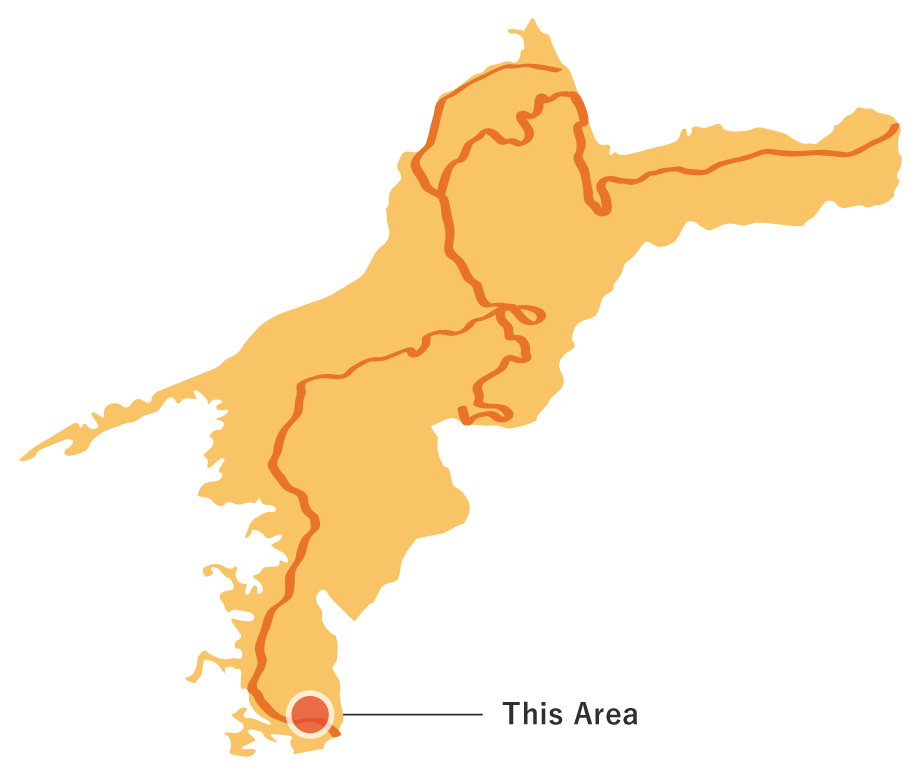
The Old Sukumokaido Road
Counting the roads of Shikoku clockwise, this is the first course within Ehime Prefecture. The starting point is the Matsuo Pass Rest Stop, which is on the prefectural border with Kochi Prefecture. There is a mountain path of approximately 5km which crosses Matsuo Pass and straddles both prefectures; there are no stalls here, so we recommend bringing your own food and drink with you.
After you leave the Matsuo Pass Rest Stop, go through the city centre of Ipponmatsu, and head past Fudakake Sasayama Shrine and Kanjizai Temple (Pilgrimage Temple #40) towards the finish point of Nanreku Misho Park. This path which travellers and pilgrims follow while crossing through prefectural borders and Matsuo Pass was a main road on land known as Sukumo Kaido until the early Showa era. The old Sukumo Tunnel was completed in 1929, and the road between Ichihonmatsu and Sukumo opened within the next ten years, which apparently changed the way people transited through the area. The best views of this course can be found looking out from Matsuo Pass, as well as in the rest area located in the forest. Many azaleas and cherry blossoms grow on the mountain path from Matsuo Pass, and you can see stunning flowers in early spring. They say that the autumn leaves are beautiful on the prefectural road side, from around the area where people hang "ofuda" placards. As you enter the flatland, you'll see views from the banks of the Sozu river, and the river width widens as you approach the estuary, so that the river and sea become indistinguishable.
In autumn of most years, this is one of the places where "Trekking The Aikai Ainan" is held, so you may wish to participate. This popular event attracts many participants, and there is also plenty of entertainment to enjoy.
Course of The Old Sukumokaido Road(17.6km)

 Spots to photograph
Spots to photograph
If you wish to receive a certificate, please take a photo that includes yourself at the designated photo point for each course.
Nearby sightseeing spots

-
1
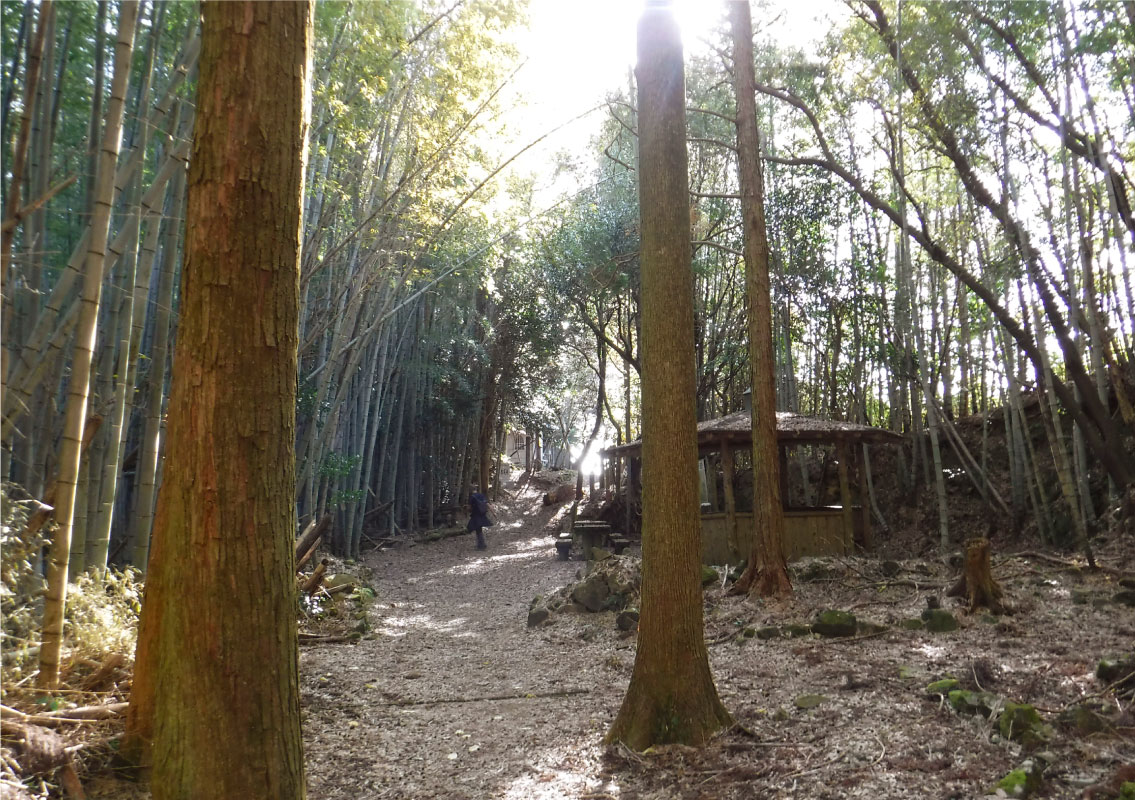 Matsuo Pass Rest Spot
Matsuo Pass Rest SpotFrom Iyo towards Tosa. The former Sukumo Kaido used to be a main road on the land from Sukumo City to Uwajima. They say that 200 people a day - and sometimes even 300 people a day - would come and go here. There is a stone marker located 3km from Kobukaura (Sukumo City, Kochi Pref.) and 1.7km from the entrance on the Ehime Pref. side; a traveller who saw this stone marker must have felt great relief at the time. The beauty of Sukumo Bay as seen from the pass, and the rest stop full of sunbeams streaming through the forest trees makes this a must-see location. The view is famous from the ruins of Sumitomo Castle, which is 100m west on the Kochi Prefecture side. The flowers blooming on the mountain path to Matsuo Pass are also beautiful, making this an ideal hiking trail.
-
2
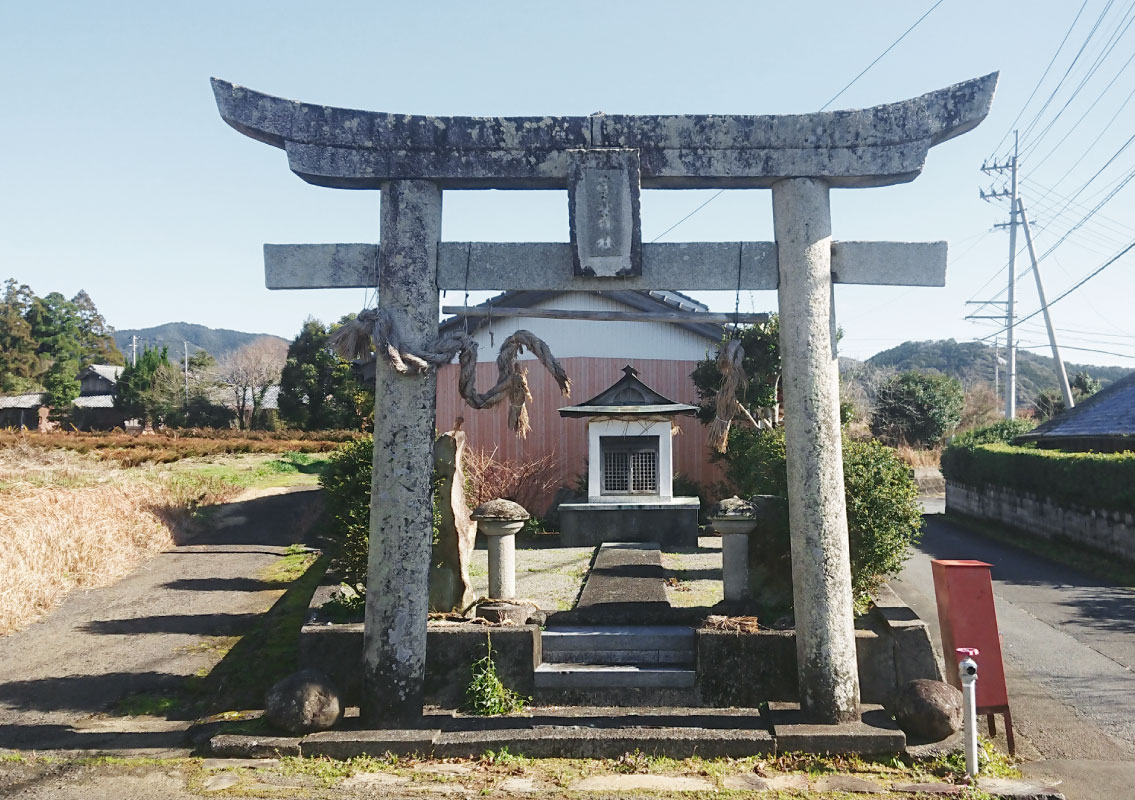 Fudakake Sasayama Shrine
Fudakake Sasayama ShrineIf you turn left, you'll find Sasaokan, and on the right is Sukumo Kaido. At the turning point, you'll find the Sasayama Shrine and its fudakake (a place to hang "ofuda" placards). The fudakake is located on the front post of the Sasayama Kanzeonji Shrine, in the back of the 40th Sacred Place of Shikoku, Kanjizai Temple. There was one torii gate of Sasayama Gongen. Accordingly, they say that there was an arrangement in which people who would on a pilgrimage of the Shikoku sacred sites would come here. It is a central religious point, and it's said that it was quite lively, being used for worship by over 100 people daily back in the day.
-
3
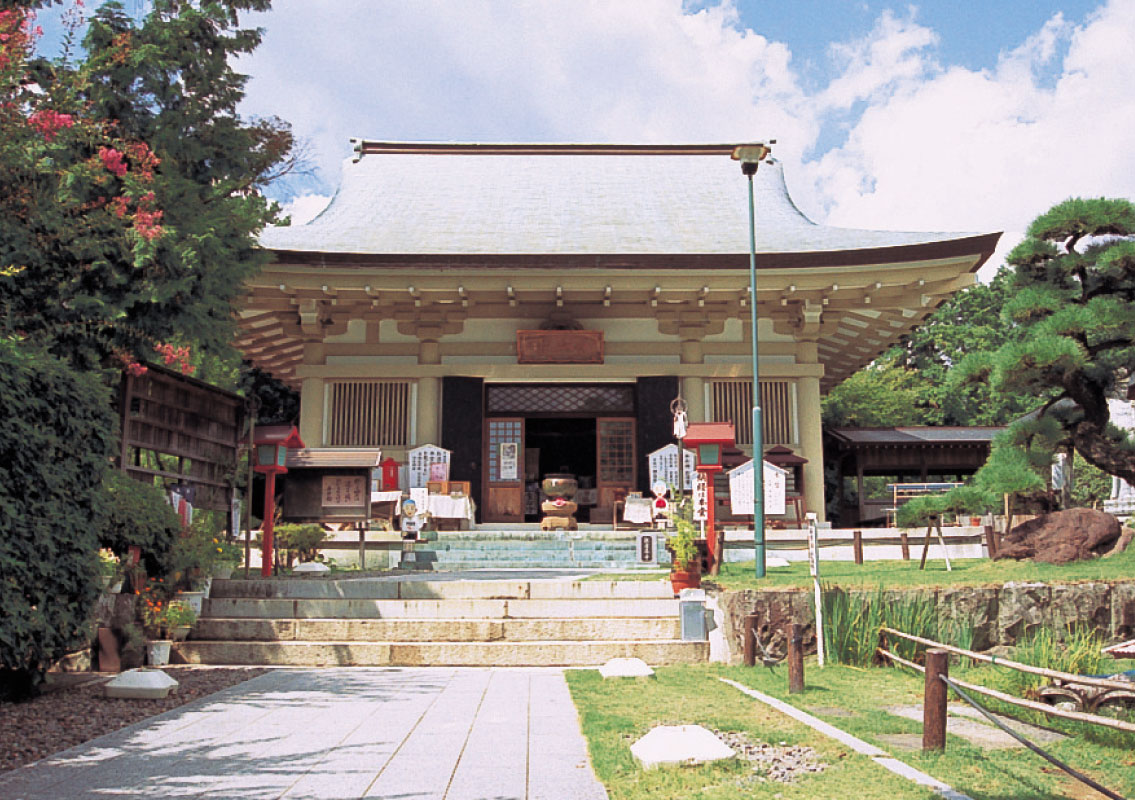 Kanjizai Temple
Kanjizai TempleKanjizai Temple is the 40th pilgrimage temple, and the first one on Iyoji. Standing in front of a simple mountain gate, one feels like they an understand the heart of the toppo-banashi folktales of Nanyo. Within the precinct, you can encounter things like the "chokushi well" and the "haiku monument" which appear in the toppo-banashi stories and legends. They say that street vendors used to line up four times a year at temple festivals, in a display of the liveliness of the old temple town. Kanjizai Temple is a great place to relax and rejuvenate after a long trip. It was established by Kobo Daishi, at the imperial request of Emperor Heizei.
-
4
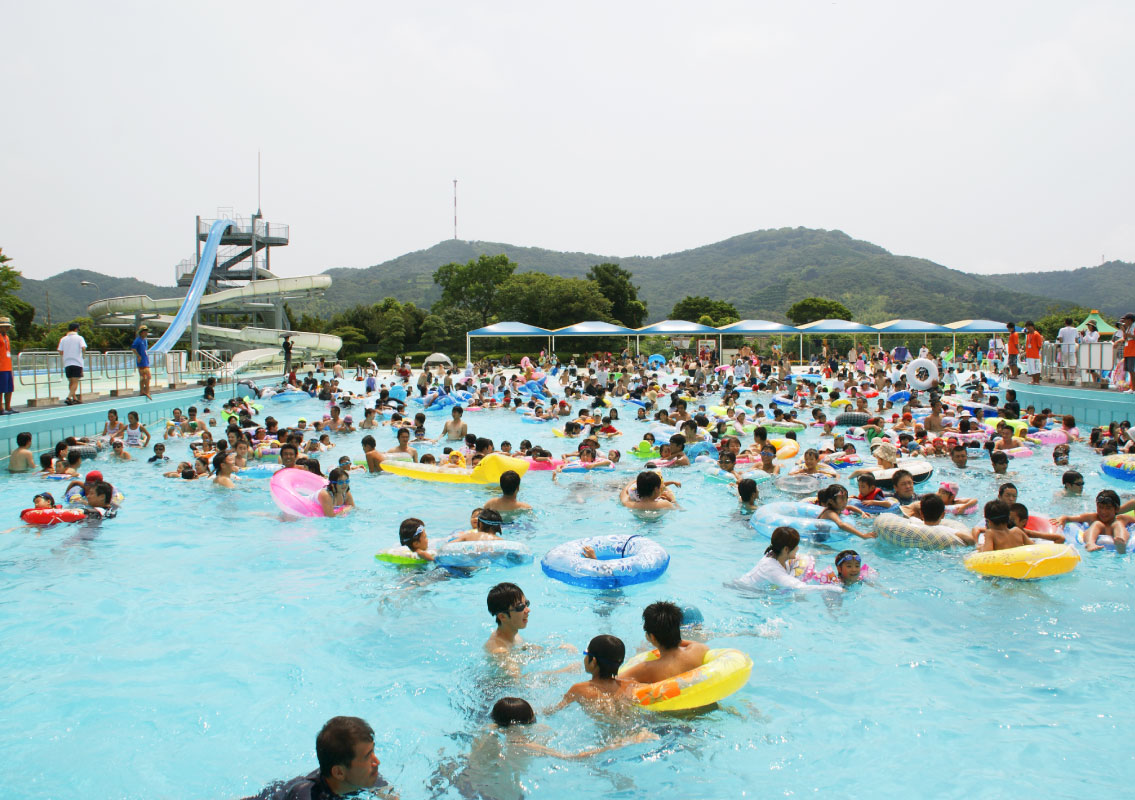 Nanreku Misho Park
Nanreku Misho ParkIn Nanreku Misho Park, you’ll find a multipurpose plaza, the Nanreku Jumbo Pool, and tennis courts. The Nanreku Jumbo Pool is one of Shikoku's largest pools, with elaborate pools such as a 50-metre slider pool, a running water pool, and a wave pool where the waves rush like the sea. It is generally open during the summer vacation (from July to August), and it is an exciting spot that is full of many visitors.



